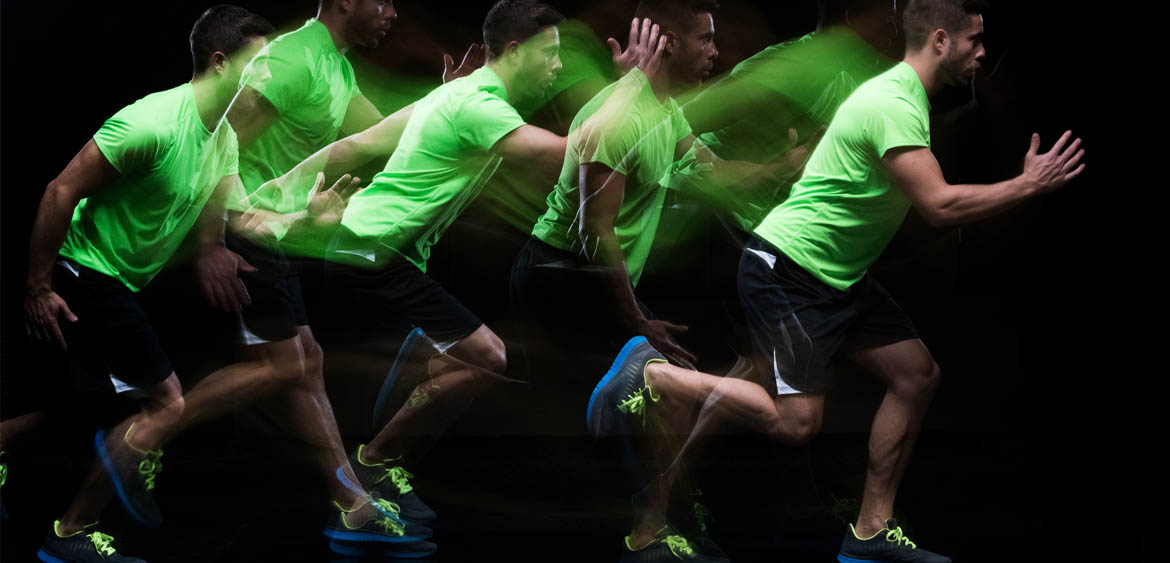Functional Movement Screening 101: What to Expect

Functional Movement Screening (FMS) can be an excellent tool for assessing your movement in different positions and gauging how prepared you are to participate in particular sports or exercise activities. This type of screening assesses muscle balance, stability, strength, and coordination in six basic movements of the body: squatting, single-leg squatting, lunging, bending over and reaching, upper-body pushing, and pulling.
Each part of the screen has five possible scores ranging from zero to four — the highest score you can achieve is 140 points out of 140.
What Is It?
If you’ve ever been to a physical therapist, you’ve heard of the Functional Movement Screen (FMS). But what exactly is it? The FMS is a system consisting of seven movement tests designed to assess an individual’s level of movement proficiency. Individuals who score poorly on the FMS are more likely to experience both short-term and long-term injuries. Conversely, those who excel at the tests have a lower chance of injury because they move more efficiently.
- Functional movement screening assesses HOW your body moves.
- It can help identify imbalances and movement problems.
- What are the benefits of FMS? Screening can help reduce your risk of injury, improve your performance, and help you move better.
How Does It Work?
The Functional Movement Screen (FMS) is a ranking and grading system that assigns scores to 14 different movement patterns. These movement patterns are fundamental to daily activities (such as sitting and standing) and more complex athletic movements (such as running and jumping). An FMS uses three tests—the deep squat, shoulder mobility, and the active straight leg raise—to measure static and dynamic balance, strength, coordination, stability, and mobility.
- What does the assessment involve? A typical FMS takes about 15 minutes to complete. A physical therapist or other trained healthcare professional will observe you through 9 specific movements and then provide an assessment.
- When should I get screened? We recommend twice a year for optimum results – once in the summer before a new training season starts and again before winter sets in. Additionally, if you have a target start date for new activities, preparing for a season of running or even a participating in a recreational sports league, Functional Movement Screening is an excellent idea.
Why Do It?
Whether you have “aches & pains” or consider yourself “athletic”, you may have personal fitness goals. In order to reach those, Functional movement screening (FMS) can give you a more accurate idea of how well you move. And that can be important information for anyone, from the casual exerciser to the elite athlete. For example, if your FMS shows potential hip problems, you’ll want to take care of them before they become an injury.
The best way to determine if you should get checked out by an FMS Therapist is by scheduling an appointment at Massage and Wellness Spa.
If you’re interested in learning more about what’s involved in a functional movement screen and whether it’s right for you, here are some quick facts about this cutting edge-test, contact us at 727-459-2861.
What Should I Expect?
You’ve probably heard of functional movement screening (FMS) before, but what exactly is it? FMS is a tool used to evaluate an individual’s movement patterns to identify potential areas of concern. The goal is to identify imbalances or asymmetries that could lead to injury down the road. It also helps identify compensations that may not be normal and helps clients understand how their bodies move.
For example, you might be experiencing pain in your right shoulder blade because you’re carrying a heavy bag on your left side daily to avoid back pain. Your functional movement screen would show that this compensation is problematic because it increases the strain on your right shoulder blade and will eventually cause more problems.
Final Thoughts
Functional movement screening assesses how your body moves to identify any potential risk factors for injury. While it may seem like another way for a healthcare professional to check up on you, there are several advantages to getting screened.
Contact us today, and follow us on Facebook, Twitter or Instagram to learn more about functional movement screening as well as our other wellness services. We have one goal: to make sure you’re as healthy as possible and stay active!

